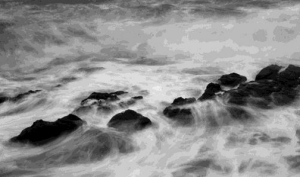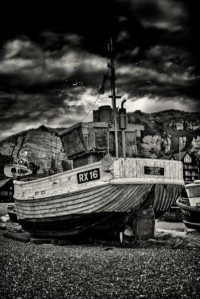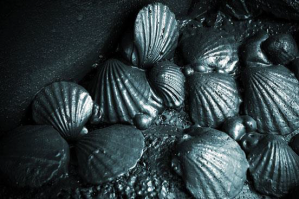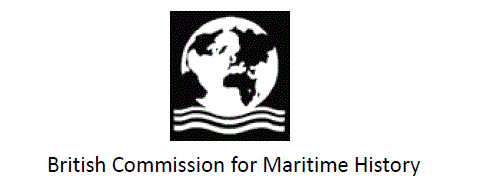
A major research project has been launched into the 175 year history of national charity the Shipwrecked Mariners’ Society.
Dr Cathryn Pearce, Research Fellow in the Lifesaving and Shipwreck Group at the University of Greenwich has begun an eight month project looking into the history of the Society as part of a planned investigation into lifesaving and coastal communities around Britain between 1700 and 1914.
Commodore Malcolm Williams, Chief Executive of the Shipwrecked Mariners’ Society, said he is delighted that Cathryn is taking the time to go through the archives to shed further light on the historical work of the Society.
Malcolm explains: “Losses from shipwrecks in the 19th Century were staggering. In 1859 – a particularly bad year – 1,416 British owned merchant ships and fishing vessels were lost around Britain’s coast and with them 1,645 lives. In 1882, a more typical year, only 445 vessels were lost! Typically in the middle years of the 19th century the Society would be helping 12-13,000 people every year, including 8,000 widows, orphans and aged parents and 4,000 seafarers.
“Fortunately the Society doesn’t deal with shipwrecks on the scale it used to but our work remains as important, providing financial support to those in need, albeit in a much changed world. While our name is now more of a metaphor for what we do sadly we still deal with losses at sea, usually of single-manned fishing vessels”.
Dr Pearce said the idea for the project came out of her doctoral research, which was ultimately published in 2010 as ‘Cornish Wrecking, 1700-1860: Reality and Popular Myth’.
On the project, she commented: “After the research I began to ask questions about lifesaving and communities, such as what happened to the victims and how were they cared for? How did those communities cope with shipwreck victims who landed on their shores and the loss of their own menfolk? And what was the role of the charities, as opposed to that of the Coastguard and other governmental agencies?”
This led Dr Pearce to the Shipwrecked Mariners’ Society, which was founded in 1839. The Society provided financial assistance to the widows and families of fishermen and mariners who were lost at sea while for survivors it offered clothing, food, accommodation and paid for travel home.
She continued: “Initial research is bringing to light the sheer number of shipwrecks that occurred yearly on Britain’s shores in the 19th century and the need for assistance that ensued. In 1860 alone, for example, the Society helped 7,247 shipwreck victims, both British and from overseas. The Charity’s impressive history highlights the importance of public giving, philanthropy and humanitarianism that began in the nineteenth century and which continues to this day.”
Dr Pearce will be sharing her research with fellow academics, the Shipwrecked Mariners’ Society and local historians, as well as with the general public, in the hope that it will raise even more awareness of the Society’s work both today and in the past.
The research into the Society’s archives is being funded by Greenwich University, with a view to securing additional funding from the Art and Humanities Research Council for the larger project.
Nowadays, the Society’s primary purpose is providing financial support to retired seafarers struggling to make ends meet or who are of working age but unable to work due to ill health, an accident or for compassionate reasons. Last year, the Charity helped in over 2,200 cases of need amounting to an expenditure of £1.4 million. It received over 600 new applications for assistance.
Article Source

The Shipwreck, Turner, 1805 – source









